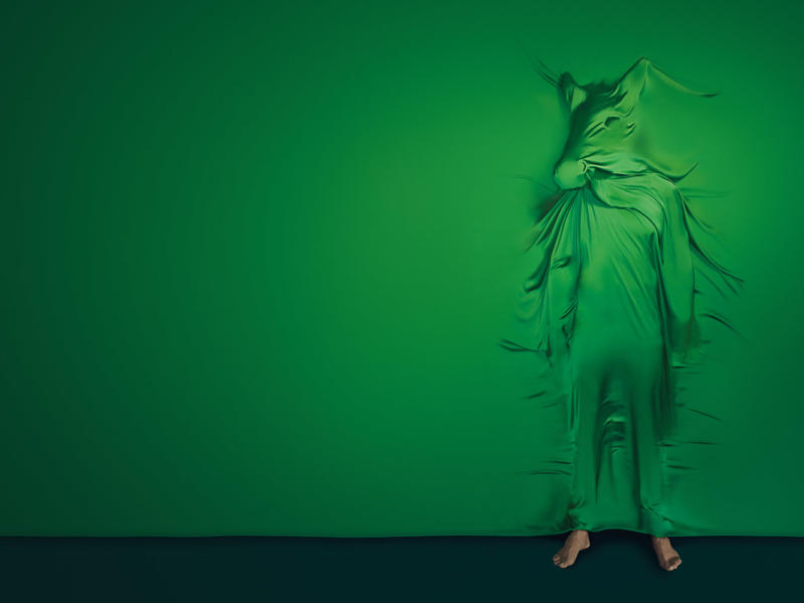Chess at the English National Opera
Image taken from the English National Opera website
The opening of the rock opera production of Chess was written in 1984 by ABBA’s Benny Andersson and Bjorn Ulvaeus, with lyrics by Sir Tim Rice. Chess is the sequel to the English National Opera music theatre production at the Coliseum, which began with Sweeney Todd starring Bryn Terfel, Sunset Boulevard starring Glenn Close and Carousel starring Katherine Jenkins and Alfie Boe.
In conjunction with Grade Linnit Productions, this love story stars X Factor winner, Alexandra Burke, as Svetlana, wife to Anatoly, played by the great Michael Ball OBE, the Canadian rock voiced, Tim Howar, as Freddie and the outstanding British singer, Cassidy Janson, as Florence. It is the story of a politically driven cold war era Chess tournament between American and Russian grandmaster chess players for the world championship. They fight over a woman who is the manager of one and falls in love with the other and is meant to be loosely based on the career of the American Bobby Fisher and his Russian chess counterpart, Boris Spassky.
The original show opened in London in 1986, at the height of a strong anti-communist era, which was known as the ‘Reagan Doctrine’. It addressed and satirised the hostility of the international political atmosphere at that time. There have been no major revivals of this production for the last 30 years, until 2018. This year has seen a production in Washington, the sets of which are a mirror image of, if slightly less complicated than, the sets we now see at the Coliseum. Many of the featured songs have been sumptuously recorded, with some singles holding the number one spot in the charts for weeks.
Elaine Page sung the principal role of Florence in the original production, which was always going to be a hard act to follow. However, Cassidy Janson was more than up to the task and matched her illustrious colleagues with outstanding vocal intent. Grade Linnit chose Laurence Connor to direct, with Stephen Mear as the Choreographer. The five week production will feature the award winning orchestra and chorus of the English National Opera. The evening was controlled musically by the British Conductor, John Rigby, who has considerable experience at music theatre and opera with British orchestras. It is a real luxury to have a full size orchestra involved with this music and the lavish sound that is emitted as a result, adds volumes to the satisfaction of the evening.
The production was centred around a raised scaffolding set, where the brilliant English National Opera Orchestra were perched on an upper platform on stage, with the action taking place in front of the platform and indeed at times underneath it. This brought the main action to the front of the stage, ensuring that we had an intimate performance.
The chorus numbers were outstanding. Michael Ball ended the first half with a rousing rendition of ‘Anthem’ and Tim Howar had his best moment in a strong second Act with his renditions of ‘One Night in Bangkok’ and ‘Pity the Child’. However, the pinnacle of the evening was Burke & Janson singing the duet ‘I know Him So Well’, which did not leave a dry eye in the House. Therefore, musically, the engaging score, with several standout numbers, was enough to move the audience to a wholehearted standing ovation at the end.
However, Chess cannot get away from the complications of its convoluted tale, in which somehow the tantalising score seems to be trapped in a time warp of its own making. Even though the story seems more relevant today in the current political climate, there is still a lack of harmony between the various strands of the story, particularly the politics between two nations and the pageantry of a world championship chess game. Whilst some of the songs seemed to have been reshuffled back to their original shape in order to ensure current topical relevancy – particularly in today’s ‘cold world’ climate – the presentation, with the added complication of a love triangle, does not always seem to add up to a complete performance.
The evening was not helped by the lack of synchronisation in the mix between sound from the singers and vision on the two screens either side of the stage. There must be hope, given modern technology, that this disturbing issue will be resolved.
However, for the audience, the creamy melodies, overall singing and some outstanding songs, particularly from Alexandra Burke’s sumptuous voice, left the audience feeling that, on balance, they had enjoyed a great show. The standing ovation was a testament to that.
David Buchler







